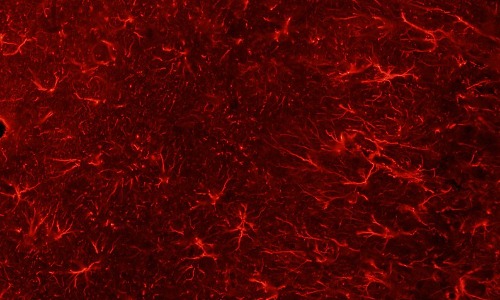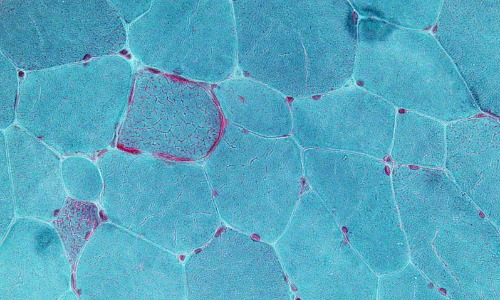Loading
Role of Glial Cells in Neuroinflammation | Open Special Issue
Guest Editors :
Amarendranath Choudhury

Call for papers :
Dear Academicians,
We would like to invite you to contribute to a Special Issue on ‘Role of Glial Cells in Neuroinflammation’ for the Journal of Cell Signaling (JCS). JCS is an international, single blind-peer-reviewed journal and published quarterly with the guidance of esteemed editorial board. The major aim of this special issue is to promote worldwide academic exchange in the field of Neuroscience. This journal provides open access to the published articles which is also applicable for this special issue. Along with original research articles and short communications, a number of critical review papers will also be included in this special issue. All accepted articles will be published together in the special issue: Role of Glial Cells in Neuroinflammation in November 2025.
Submission Guidelines
Authors are advised to submit manuscripts directly to following editorial manager desk- https://jcs.manuscriptmanager.net/ or the authors may directly send the manuscript along with all the necessary supplement documents to the following email address: signaling@scientific-archives.net
During submission, the author must assure that –
- Submissions must neither have been submitted nor published elsewhere.
- All the manuscripts submitted to this special issue will be peer-reviewed by two independent reviewers and selected in accordance with the journal standards.
- If choosing to contribute a review, please submit a brief (1-2 sentence description) for pre-review by the guest editors.
Description :
Broad Area of Research Interest
Glial cells are the most abundant cells in the central nervous system (CNS). They outnumber neurons by 10 to 1 and play an important role in maintaining the health of the brain and nervous system. In this special issue, we would like to explore the role of glial cells in neuroinflammation, a process whereby the body's immune system response to injury or disease results in inflammation of the brain and nervous system tissue.
Role of glial cells in inflammation
Glial cells are the main type of cell in the nervous system, and they play a vital role in neuroinflammation. Neuroinflammation is a process by which the body's immune system responds to damage or injury in the nervous system. This response is mediated by cytokines, which are proteins that signal the body to start the inflammatory response. Glial cells produce cytokines in response to injury or damage, and these cytokines then signal the body to start the inflammatory response. The inflammatory response is important for healing and repair, but it can also be damaging if it is not properly controlled. There are two main types of glial cells, microglia and astrocytes. Microglia are the primary type of glial cell involved in neuroinflammation. They are located throughout the brain and spinal cord, and they make up about 10% of all cells in the nervous system. Astrocytes are another type of glial cell, and they make up about 90% of all cells in the nervous system. They are located in the central nervous system, and they play a supportive role in neuroinflammation.
Neuroinflammation and neurodegeneration
Glial cells are the non-neuronal cells of the nervous system that provide support and protection for neurons. They also play an important role in neuroinflammation, which is a response to injury or disease that can lead to neurodegeneration. There is growing evidence that neuroinflammation is involved in the pathogenesis of many neurological disorders, including Alzheimer's disease, Parkinson's disease, and multiple sclerosis. Glial cells are thought to be key players in this process, as they are the main source of inflammatory mediators in the brain.
While inflammation is a necessary response to injury, chronic or uncontrolled inflammation can be harmful. When glial cells are activated, they release pro-inflammatory cytokines and other molecules that can damage neurons and lead to neurodegeneration. Therefore, it is important to understand the role of glial cells in neuroinflammation in order to develop new treatments for neurological disorders.
Topics of Interest
The special issue will be dedicated to highlight current progress made to identify the molecular mechanisms underlying different neurodegenerative disorders, as well as to provide a forum for sharing new methods and processes developed for the better understanding. The special issue will include the following areas of study-
1) Role of Glial Cells in the molecular mechanism of neurodegenerative disorders.
2) Findings on the microglia associated molecular markers for neurodegeneration.
3) Therapeutic targets considering glial cells as a focus of interest.
4) Mechanistic approaches highlighting the pathways regulating the neurodegeneration.
5) Contemporary data mining and analysis for a deeper insight into role of glial cells in the pathobiology of inflammation induced neurodegenerative disorders.


